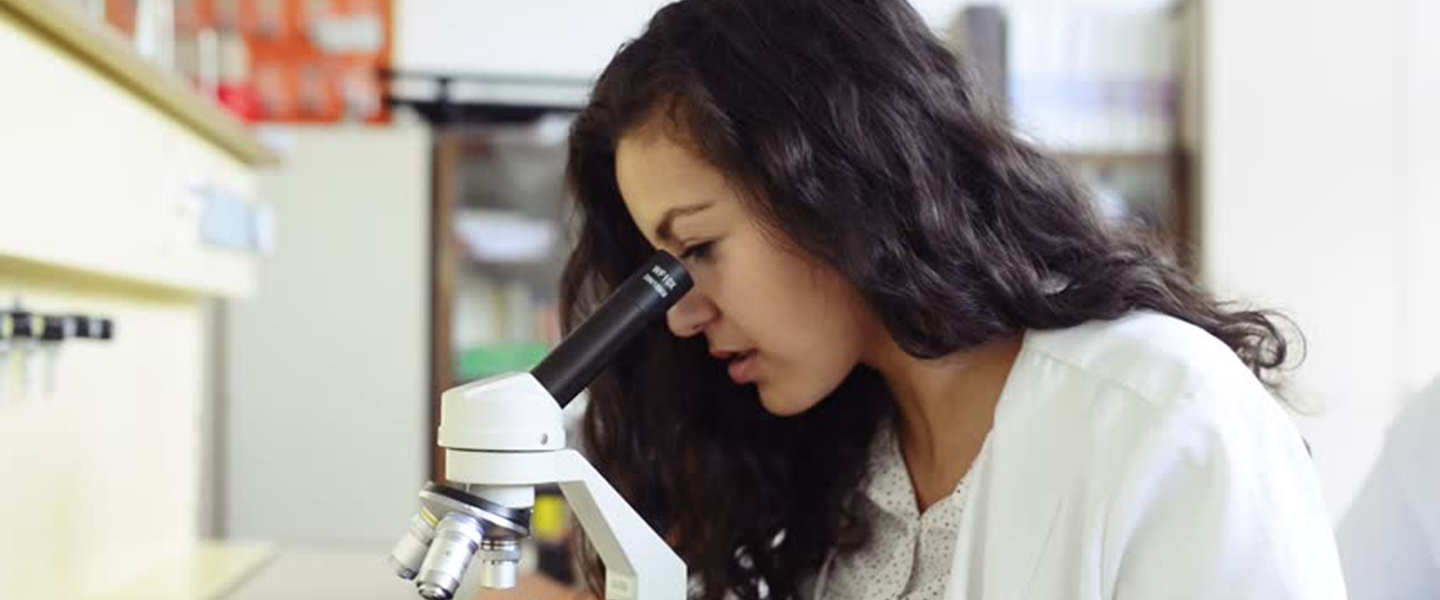On This Page
BASE Camp (Broadening Access To Science Education)
Base Camp: Getting High School Students Excited About Science | Fairfield University
BASE Camp is designed to engage high school students in hands-on, research-based experiences in the natural sciences and mathematics, in an effort to inform and excite students about the process of science.
- Hands-on work with faculty members and undergraduate students on real scientific research projects
- Fun living and learning experience in a Fairfield University residence hall
- Opportunities to explore healthcare and science careers
- Tailored college admissions counseling
- Final poster presentation/celebration with family, friends, and the University community
- Web-based resources for students exploring scientific careers
- Certificate of participation
BASE Camp is open to students completing their sophomore or junior year of high school from underrepresented groups in STEM (science, technology, engineering, and math) fields. Students must be a U.S. citizen or permanent resident, be in good academic standing, and have an interest in science. Space is limited to 24 students. Priority may be given to Bridgeport area applicants.
The two-week overnight camp is free of charge to accepted students. All meals and lodging on campus are included.
Funding for this program is generously provided by the Cascella Family, UI an Avangrid Company, the Boehringer Ingelheim Cares Foundation (BI Cares), and Alumni and Friends of Fairfield University.
Application Process
Application requirements include:
- An official transcript: A record of grades from your high school guidance counselor.
- A list of classes scheduled for next year: Please indicate which science and math courses you will take in the new academic school year.
- Two letters of recommendation: One from a science teacher, the second from another teacher or a guidance counselor.
**To the teacher/guidance counselor: In a separate letter, please comment on this student’s eligibility for this program, including interest and aptitude in science, level of maturity, responsibility, and attitude. - Essay: A 200-word essay about why you are interested in participating in BASE Camp.
Acceptances will be notified by mail.
Covid-19 Policy: Please note that all residential camp students will be required to be fully vaccinated against Covid-19 and will be expected to adhere to the current federal, state, and local Covid-19 regulations.
If you have questions about the application process or BASE Camp in general, please contact Dr. Anita Fernandez at afernandez@fairfield.edu.
BASE Camp Projects
BASE Camp projects offer students an informative and fun week-long experience with actual scientific research during the first week of camp. Projects change every year, allowing students to choose from a variety of topics including biomedical science, medicinal chemistry, forensics, developmental biology, evolutionary biology, marine ecology, software engineering, mechanical engineering, behavioral psychology, neuroscience, biophysics, and applied mathematics. Below are examples of student projects from Base Camp 2022.
Investigating the Effects of Exercise on the Human Body

Shannon Gerry, PhD, Department of Biology
Exercise has dramatic effects on the physiology of the human body including the cardiovascular system, respiratory system, and muscles. This can be indicated by changes in heart rate, breathing rate, or muscle fatigue. In this project, students will dissect sheep hearts to understand how blood flows through the heart and receives oxygen, and then they will learn to measure several physiological parameters using techniques such as electromyography (EMG), electrocardiography (EKG) and respirometry. Students will generate hypotheses on the relationships among exercise, muscle activity, heart rate and breathing rate and design an experiment to quantify these relationships in their fellow campers.
Exploring Forensic Scientific Methods

Amanda Harper-Leatherman, PhD, Department of Chemistry and Biochemistry
Forensic science is a multidisciplinary field that applies knowledge from chemistry, biology, physics, geology, and other areas of science to help solve crime. In this project, students will explore scientific techniques used for the analysis of common types of physical evidence encountered at crime scenes such as plastics, fabrics, oils, powders, arson accelerants, fingerprints, and/or blood. Students will work with mock crime scene evidence and consider how the best methods for analysis are determined. Students will then make hypotheses and design experiments to explore how individualizing different pieces of evidence are; the effects time, temperature, or environment may have on different types of evidence; and/or the effect that sampling technique may have on analyzed results. Students will use what they learn to make conclusions about a mock crime and come away learning about the power and limitations of science with regards to forensic study.
The Search for Antibiotic-Producing Bacteria in the Marine Environment
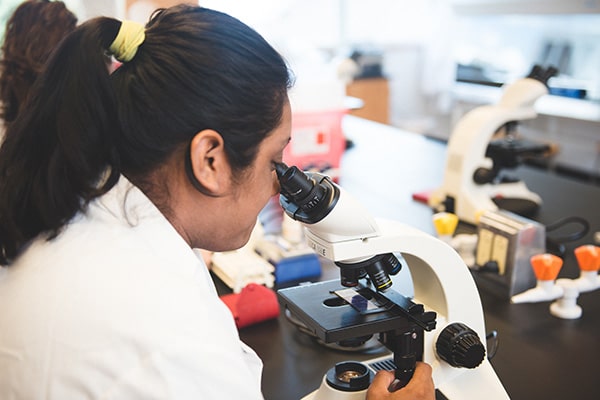
Olivia Harriott, PhD, Department of Biology
Since the discovery of penicillin in 1928 by Sir Alexander Fleming and its mass production in 1940, we no longer fear death and disability caused by bacterial infections. However, some disease-causing bacteria are resistance to all available antibacterial drugs, and there is call to encourage student participation in antibacterial drug discovery. BASE Camp students will participate in original research in antibiotic discovery by cultivating bacteria from soil and screening for antibiotic activity.
Characterizing Substrate and Enzyme Interactions
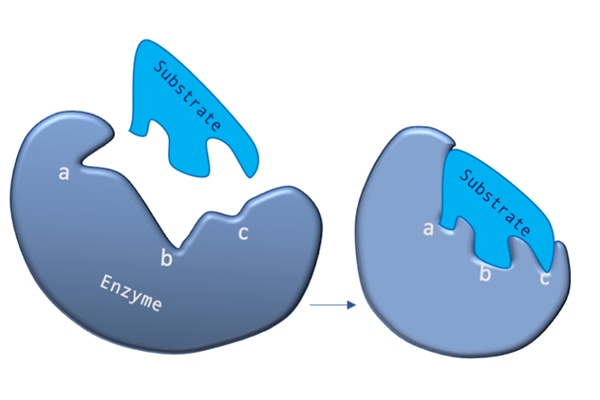
Jillian Smith-Carpenter, PhD Department of Chemistry and Biochemistry
Cysteine proteases, such as bromelain and papain, are enzymes that can break the peptide bonds found in other protein substrates. Our project aims to understand the importance of individual amino acids in the substrate proteins that affects substrate binding, specificity, and proteolysis. To accomplish this task, several different peptide substrates will be synthesized by students to study by performing enzyme kinetic analysis and MALDI-TOF mass spectrometry. Throughout the research project, students will learn some of the basic chemical rules that influence how enzymes and substrates interact.
Sustainable Energy in Bridgeport, CT
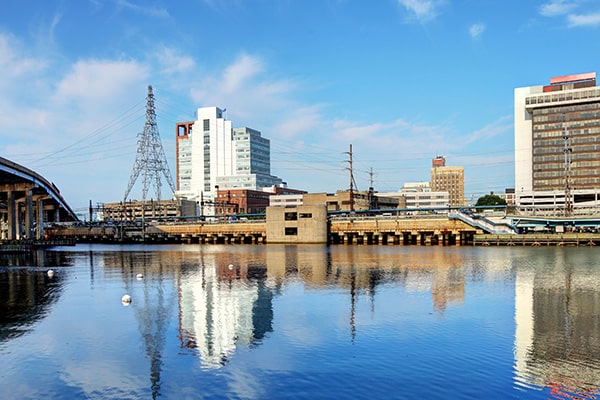
Kraig Steffen, PhD, Department of Chemistry and Biochemistry
Students will be introduced to the myriad energy sources used to generate electricity in Bridgeport, CT, and on Fairfield University's campus. They will explore both existing and proposed projects, including the University's Co-Gen system, the Wheelabratortrash toenergy plant in Black Rock, the Dominion Energyfuelcell plant,aphotovoltaic powerplant, and thenewcombined cycle powerplantbrought online last year byPSEG. Students will also work on group projects investigating the basics of wind power, fuel cells, and photovoltaic cells. They willtake field trips to the aforementioned power generating sites and learn aboutthe future ofalternative energy in Bridgeport.
Microplastic Contamination in Penguins
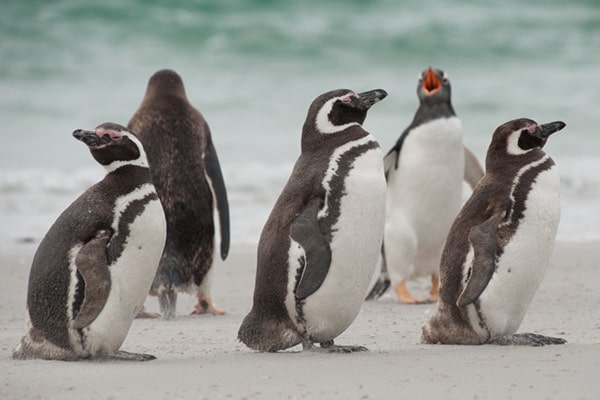
Brian Walker, PhD, Department of Biology
We all use plastic. But when we’re done, where does it go? We will be looking at the possibility that penguins in the Mystic Aquarium are being exposed to little bits of plastic – called microplastics – as part of their diet. How do we do it? We will literally be looking at their feces (yes, POOP!!!) to examine whether plastic is being eaten by these amazing birds.
Meet the Faculty
Program Director
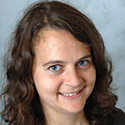
Anita G. Fernandez
Associate Professor
Biology
x2116
Faculty

Shannon Gerry
Biology
x2542

Amanda S. Harper-Leatherman
Associate Director, Honors Program
Professor
Chemistry
x3428
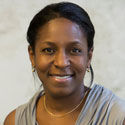
Olivia Harriott
Associate Dean, College of Arts and Sciences
Associate Professor
Biology
x2227
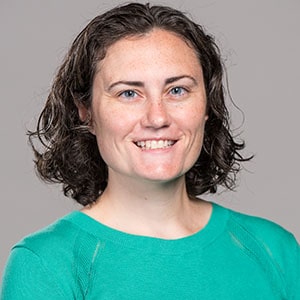
Jillian Smith-Carpenter
Associate Professor
Chemistry
x2847
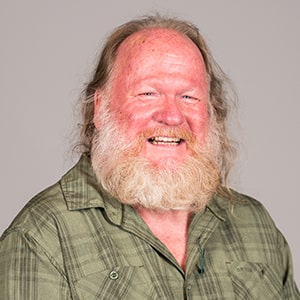
L. Kraig Steffen
Associate Professor
Chemistry
x2254

Brian Walker
Professor
Biology
x3464
BASE Camp Resources
When you become a BASE Camp participant, you have access to its resources for years to come! This page provides you with important information about college application and careers in science.
Applying to college can be a tricky task. As part of the BASE Camp agenda, students attend college admission sessions tailored to pursuing careers in the STEM and healthcare fields. Below are some helpful resources.
- Hit the Road! – Preparing for your College Visit (Pre-College Workshop)
- The College Search and Visit Process
- Health Professions Handbook for Fairfield University – Designed for students interested in a career in one of the health professions, it answers questions about the pre-professional years. (Specific to Fairfield University, but widely applicable to many schools).
- Fairfield University Admission & Aid
Below is contact information of the health and science professionals who came to speak to BASE Campers along with scientific career web resources.
- Explore Health Career
- Aspiring Doctors (For undergraduate students who want to attend medical school)
- Health Careers in Connecticut
- Southwestern Area Health Education Center
- National Institute on Minority Health and Health Disparities
- Sigma Xi, Scientific Research Society
